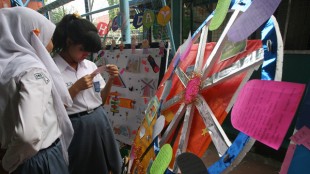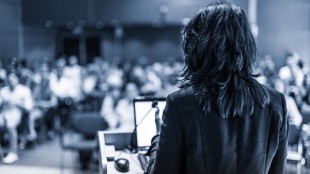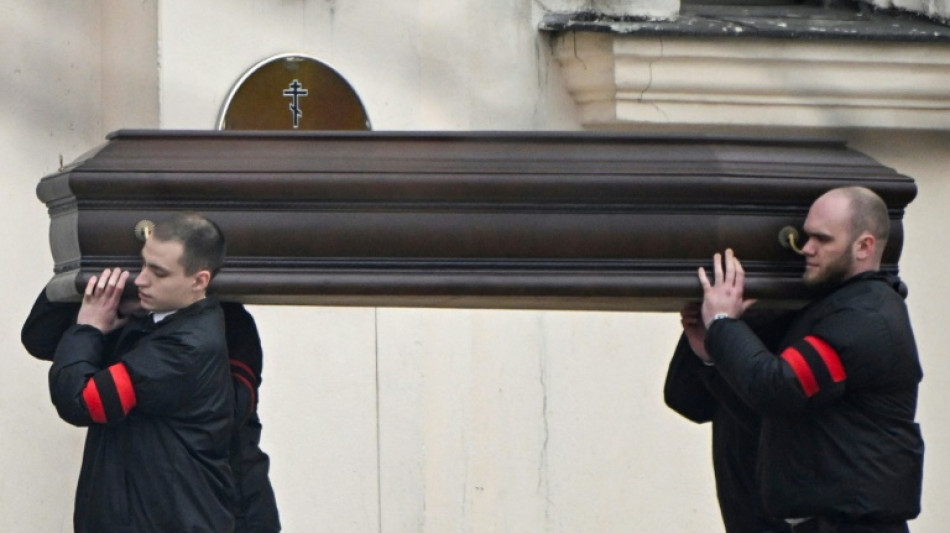
-
 Moscow chokes Telegram as it pushes state-backed rival app
Moscow chokes Telegram as it pushes state-backed rival app
-
ArcelorMittal confirms long-stalled French steel plant revamp
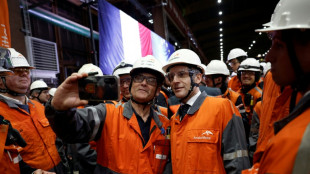
-
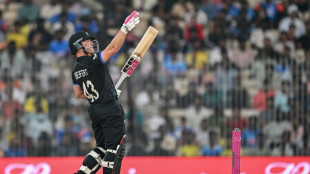 New Zealand set new T20 World Cup record partnership to crush UAE
New Zealand set new T20 World Cup record partnership to crush UAE
-
Norway's Ruud wins Olympic freeski slopestyle gold after error-strewn event
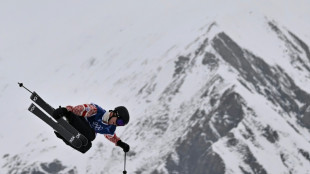
-
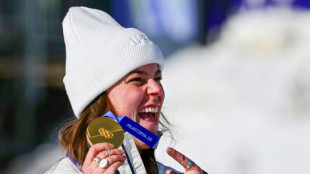 USA's Johnson gets new gold medal after Olympic downhill award broke
USA's Johnson gets new gold medal after Olympic downhill award broke
-
Von Allmen aims for third gold in Olympic super-G
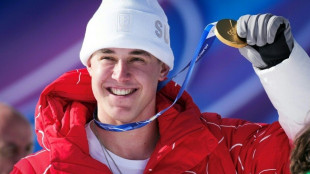
-
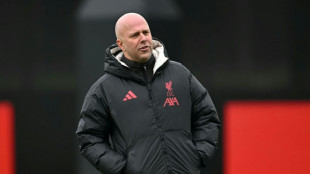 Liverpool need 'perfection' to reach Champions League, admits Slot
Liverpool need 'perfection' to reach Champions League, admits Slot
-
Spotify says active users up 11 percent in fourth quarter to 751 mn
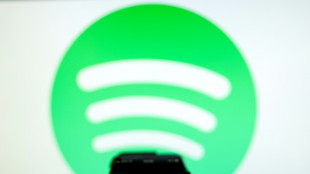
-
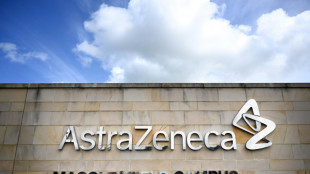 AstraZeneca profit jumps as cancer drug sales grow
AstraZeneca profit jumps as cancer drug sales grow
-
Waseem's 66 enables UAE to post 173-6 against New Zealand
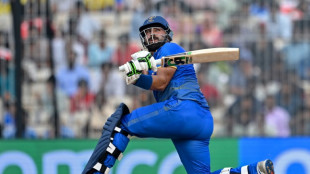
-
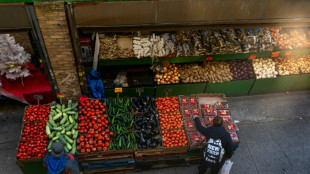 Stocks mostly rise tracking tech, earnings
Stocks mostly rise tracking tech, earnings
-
Say cheese! 'Wallace & Gromit' expo puts kids into motion

-
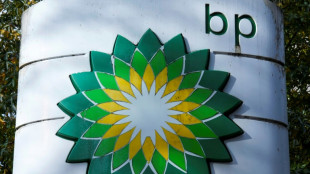 BP profits slide awaiting new CEO
BP profits slide awaiting new CEO
-
USA's Johnson sets up Shiffrin for tilt at Olympic combined gold
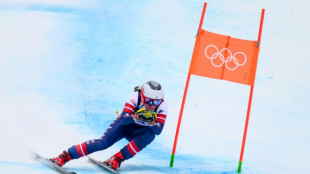
-
 Trump tariffs hurt French wine and spirits exports
Trump tariffs hurt French wine and spirits exports
-
Bangladesh police deploy to guard 'risky' polling centres
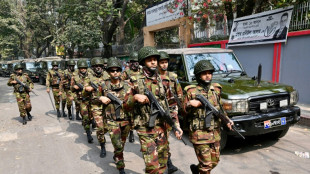
-
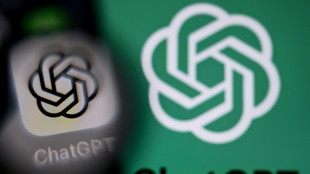 OpenAI starts testing ads in ChatGPT
OpenAI starts testing ads in ChatGPT
-
Three-year heatwave bleached half the planet's coral reefs: study
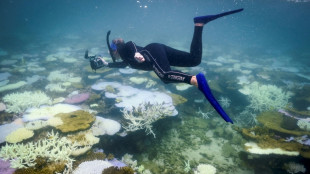
-
 England's Buttler calls McCullum 'as sharp a coach as I ever worked with'
England's Buttler calls McCullum 'as sharp a coach as I ever worked with'
-
Israel PM to meet Trump with Iran missiles high on agenda
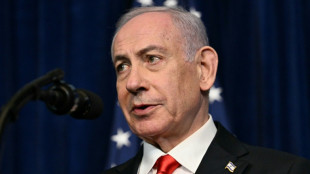
-
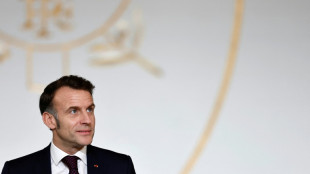 Macron says wants 'European approach' in dialogue with Putin
Macron says wants 'European approach' in dialogue with Putin
-
Georgia waiting 'patiently' for US reset after Vance snub
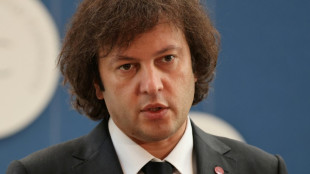
-
 US singer leaves talent agency after CEO named in Epstein files
US singer leaves talent agency after CEO named in Epstein files
-
Skipper Marsh tells Australia to 'get the job done' at T20 World Cup
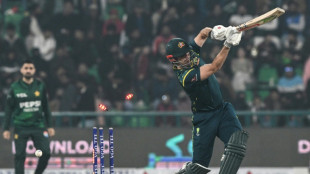
-
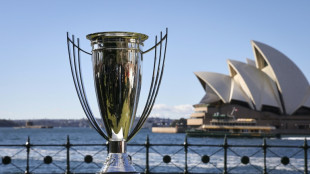 South Korea avert boycott of Women's Asian Cup weeks before kickoff
South Korea avert boycott of Women's Asian Cup weeks before kickoff
-
Barcelona's unfinished basilica hits new heights despite delays
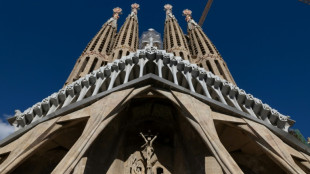
-
 Back to black: Philips posts first annual profit since 2021
Back to black: Philips posts first annual profit since 2021
-
South Korea police raid spy agency over drone flight into North
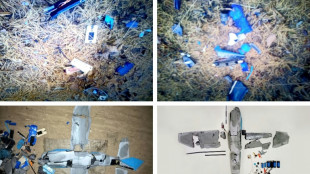
-
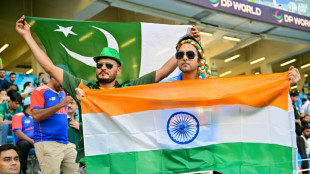 'Good sense' hailed as blockbuster Pakistan-India match to go ahead
'Good sense' hailed as blockbuster Pakistan-India match to go ahead
-
Man arrested in Thailand for smuggling rhino horn inside meat
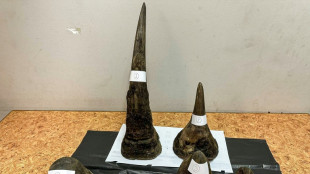
-
 Man City eye Premier League title twist as pressure mounts on Frank and Howe
Man City eye Premier League title twist as pressure mounts on Frank and Howe
-
South Korea police raid spy agency over drone flights into North
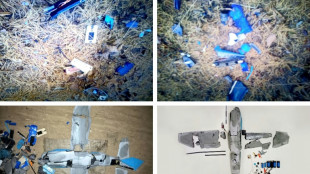
-
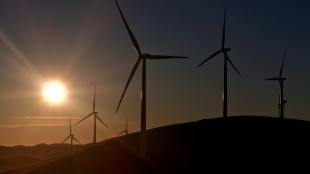 Solar, wind capacity growth slowed last year, analysis shows
Solar, wind capacity growth slowed last year, analysis shows
-
'Family and intimacy under pressure' at Berlin film festival
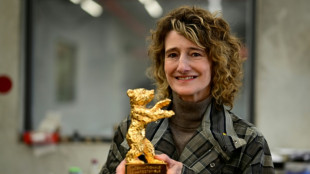
-
 Basket-brawl as five ejected in Pistons-Hornets clash
Basket-brawl as five ejected in Pistons-Hornets clash
-
January was fifth hottest on record despite cold snap: EU monitor
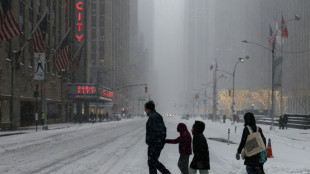
-
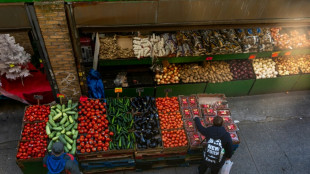 Asian markets extend gains as Tokyo enjoys another record day
Asian markets extend gains as Tokyo enjoys another record day
-
Warming climate threatens Greenland's ancestral way of life
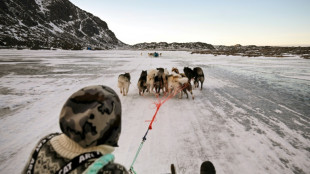
-
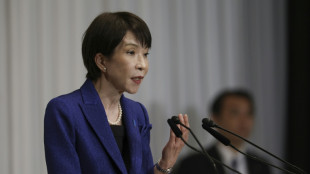 Japan election results confirm super-majority for Takaichi's party
Japan election results confirm super-majority for Takaichi's party
-
Unions rip American Airlines CEO on performance
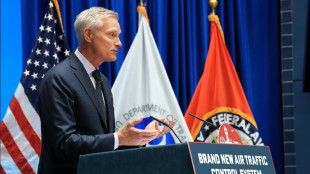
-
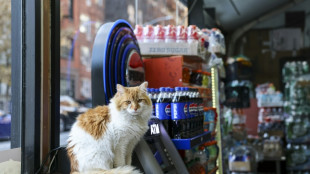 New York seeks rights for beloved but illegal 'bodega cats'
New York seeks rights for beloved but illegal 'bodega cats'
-
Blades of fury: Japan protests over 'rough' Olympic podium
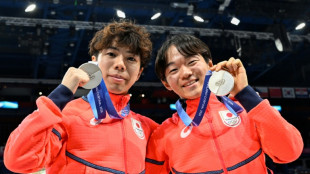
-
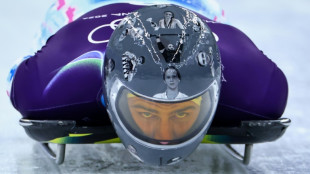 Zelensky defends Ukrainian athlete's helmet at Games after IOC ban
Zelensky defends Ukrainian athlete's helmet at Games after IOC ban
-
Jury told that Meta, Google 'engineered addiction' at landmark US trial
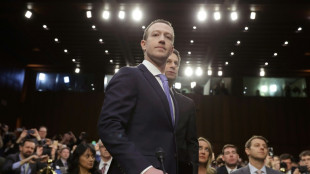
-
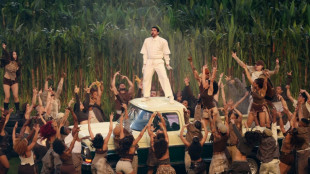 Despite Trump, Bad Bunny reflects importance of Latinos in US politics
Despite Trump, Bad Bunny reflects importance of Latinos in US politics
-
Intrusion Inc. Expands Business Development Efforts With Strategic Leadership Additions

-
 Osa Commerce Launches AI-Powered Retail Compliance at Manifest 2026 Targeting $5 Billion Chargeback Problem
Osa Commerce Launches AI-Powered Retail Compliance at Manifest 2026 Targeting $5 Billion Chargeback Problem
-
Datavault AI Recaps High-Impact Super Bowl LX Weekend with NFL Alumni, Live ADIO(R) Activations, DVHOLO(TM) and Tokenization

-
 Aspire Biopharma Regains Compliance with Nasdaq Minimum Bid Price Requirement
Aspire Biopharma Regains Compliance with Nasdaq Minimum Bid Price Requirement
-
Charlie's Holdings (OTCQB:CHUC) Selected for FDA Premarket Tobacco Product Applications Meeting


Thousands attend Navalny funeral as Kremlin warns against protests
Thousands of mourners attended the funeral of Russian opposition leader Alexei Navalny in Moscow on Monday, two weeks after President Vladimir Putin's top critic died in an Arctic prison.
Many carried flowers and shouted support for the 47-year-old anti-corruption campaigner who galvanised mass protests against Putin, as the hearse arrived at a church for a short religious service.
The death has been widely condemned by Western leaders and Navalny's supporters have accused Putin of murder and of trying to prevent a dignified public burial.
The Kremlin, which has denied involvement and dismissed the accusations as "hysterical", warned against "unauthorised" protests around the funeral.
Navalny's body first lay in an open casket in a packed church in Maryino, southern Moscow, for a ceremony attended by his parents.
The coffin was closed immediately after the service, meaning many mourners who had wanted to file past were not able to pay their last respects at the Mother of God Quench My Sorrows church.
The coffin was then transported to the Borisovo cemetery, near the banks of the Moskva River, where several large wreaths were arranged around the grave.
"We won't forget you!" and "Forgive us!" some mourners shouted as the coffin arrived for burial.
- 'What are they afraid of?' -
Some 400 mourners have been detained at Navalny memorials since his death, rights organisation OVD-Info has said, and there was concern of more arrests at the funeral where a heavy police presence could be seen.
"Any unauthorised gatherings will be in violation of the law and those who participate in them will be held responsible," Kremlin spokesman Dmitry Peskov said, according to TASS news agency.
"What are they afraid of? Why so many cars?" one mourner, Anna Stepanova, told AFP outside the church.
"They are so afraid themselves," she said. "The people who came here, they are not scared. Alexei wasn't either."
"People like him shouldn't be dying: honest and principled, willing to sacrifice themselves," she added.
The French, German and US ambassadors were seen among mourners outside the church, as were some of Russia's last free independent politicians.
The dissident's widow, Yulia Navalnaya, earlier said she feared the funeral could be disrupted by further arrests.
"I'm not sure yet whether it will be peaceful or whether the police will arrest those who have come to say goodbye to my husband," Navalnaya told the European Parliament this week.
Navalnaya has blamed Putin for her husband's death.
Putin's spokesman Peskov has criticised the accusations made by her and some Western leaders as "vulgar".
On the day of the funeral, Peskov said he had "nothing to say" to the family of the deceased.
- 'Nothing to say' -
Navalny shot to prominence through his anti-corruption campaigning, exposing what he said was rampant graft at the top of Putin's administration.
Some mourners mentioned the huge influence Navalny had on their own political activism.
"Because of him I began to get involved in politics... He was the first public person that I listened to," said 26-year-old Denis, a volunteer at a charity.
Navalny was arrested in January 2021 when he returned to Russia after being treated in Germany for a poisoning attack.
"Alexei was tortured for three years," Navalnaya told lawmakers in Brussels.
"He was starved in a tiny stone cell, cut off from the outside world and denied visits, phone calls, and then even letters."
"And then they killed him. Even after that, they abused his body," she said.
- 'Ideas will live on' -
His body was held in a morgue for eight days before being returned to the family, which Navalny's team believed to be a bid to cover up responsibility for his death.
His family and his team have also accused authorities of trying to prevent a dignified public burial, fearing it could turn into a flashpoint for dissent.
Navalny's team said local investigators had threatened to bury him on the prison grounds if his mother did not agree to a "secret" funeral.
Once the body was released, allies struggled to find a place that would agree to hold a funeral ceremony, as well as hearse drivers.
And a civil ceremony allowing the general public to pay their respects to the body -- common in Russia -- has not been allowed.
Navalnaya has vowed to continue his life's work and urged to "fight more desperately, more fiercely than before."
"A person has died, but his ideas will live on thanks to those who have gathered here," said Alyona, a 22-year-old archaeologist who came to pay her respects.
O.M.Souza--AMWN

